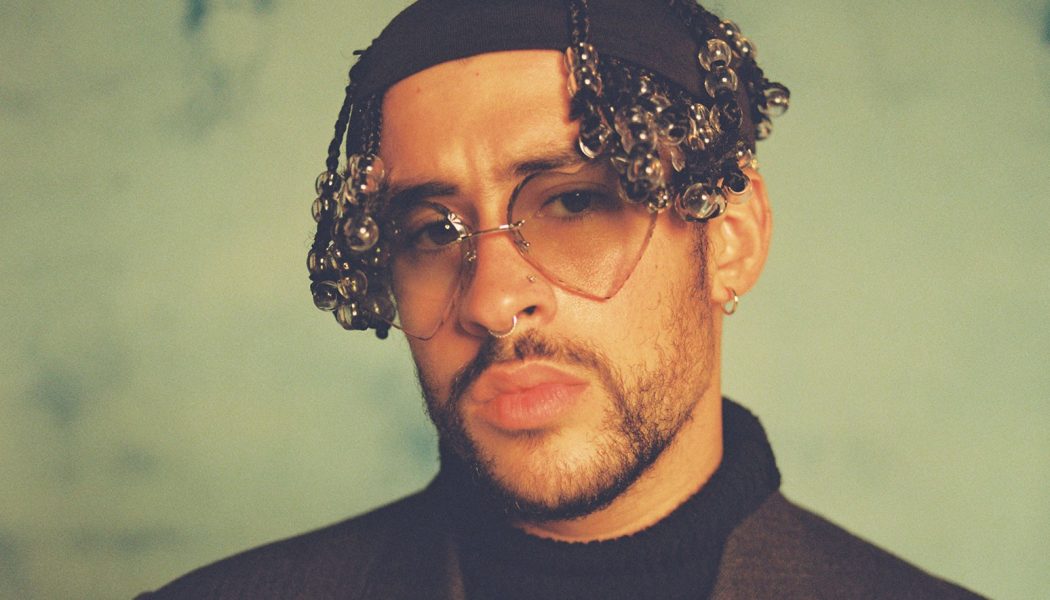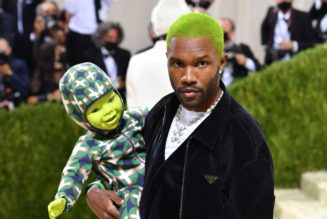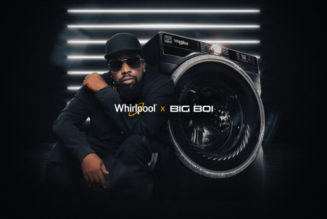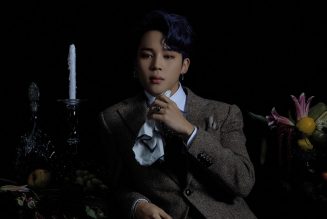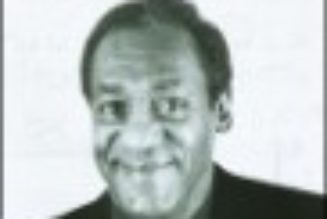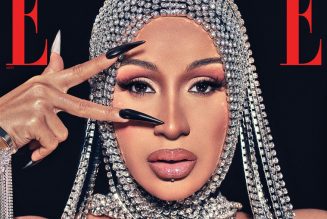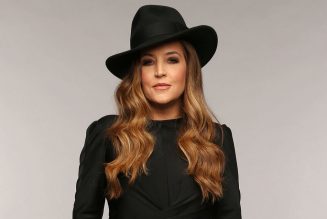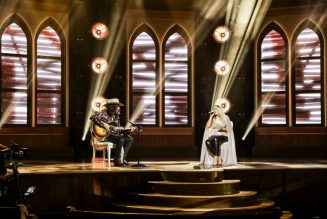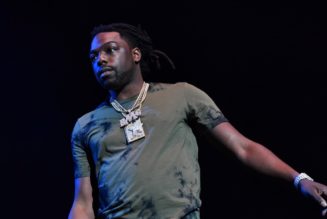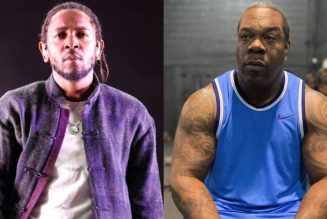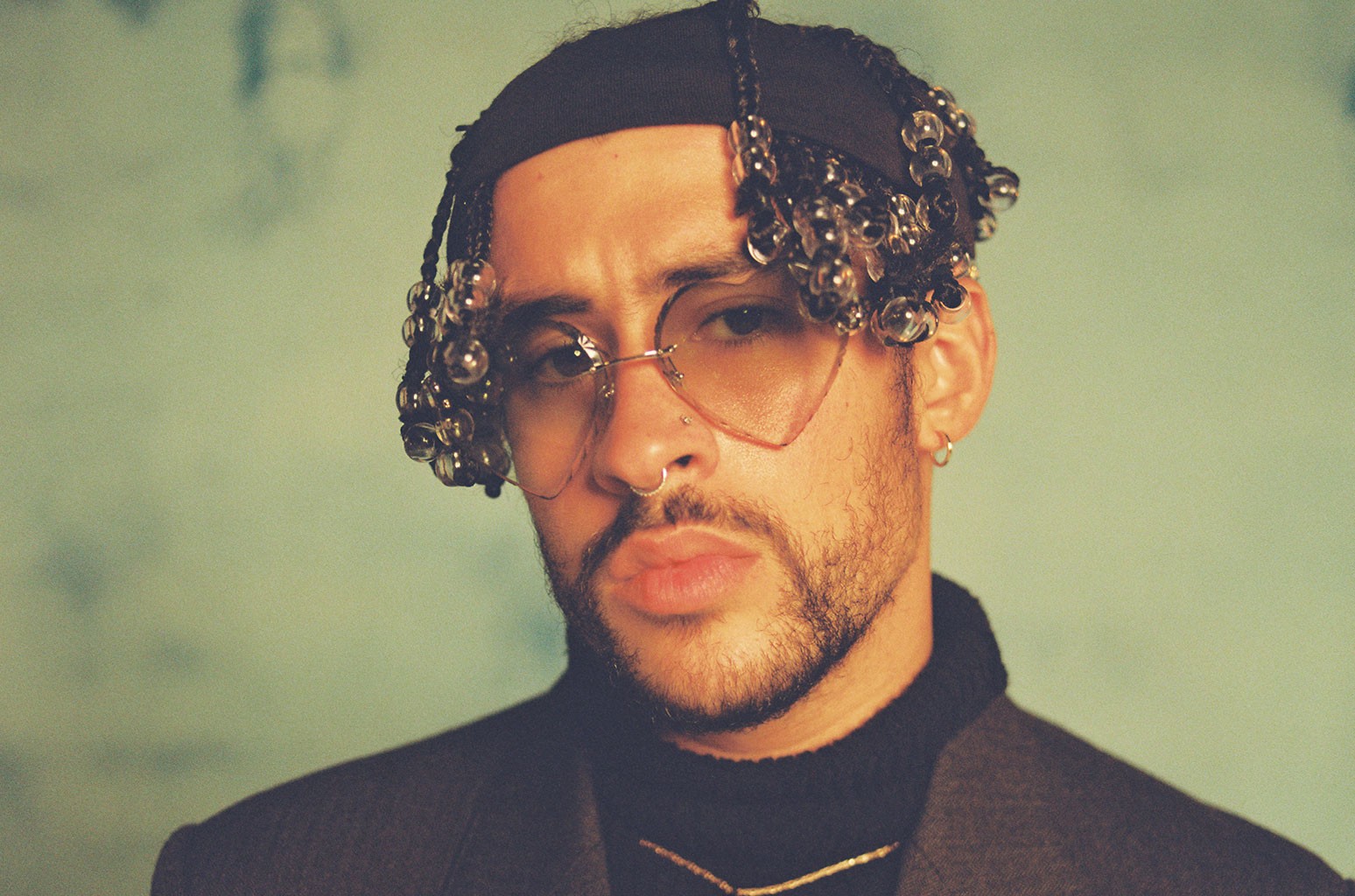
“It’s completely different from YHLQMDLG. This is a more sentimental album, more chill, the kind of thing you can listen to in your room,” Bad Bunny tells Billboard.
Here’s everything important you need to know about the 16-track El Último Tour Del Mundo, in his own words.
First and foremost, “Dákiti,” your No. 1 global song. Tell us more.
I had the album ready for a while. And I’d say: Damn, I’m missing a song. Because the album goes into a different, weird direction. It needed a track that connects with everyone. A party track. Jahycor [Jhay Cortez] and Mora already had the song written and prepared. I added my lyrics, my touch, over Jhay Cortez’s rhythm. Then we sent it to Tainy so he could also put his touch, and everything was a very dynamic, very cool team effort. I really liked the way we worked. We spent time with Jhaycor in the studio, discussing things, going back and forth: “What do you think if we add this, if we change this,” and he would say, “Diablos, that’s great,” and that’s how it went until we got this hit. Damn.
How did working under quarantine change your music?
At the end of the day, it’s the same method I always use. I work in my space, relaxed, I write anywhere — in my hotel room, on the plane, in my house. I kept creating my songs and I had them ready to go so that the moment I was able to get together with La Paciencia [real name Roberto Rosado, Bad Bunny’s longtime collaborator and sound engineer], I would record them immediately. We recorded many of them in Puerto Rico, others in Los Angeles, and the very last one in Mexico.
Beside “Dákiti,” there are two other collabs. What can you tell us?
I have “Sorry Papi” with Abra. She’s a girl from Los Angeles. She’s extremely talented. She does her own beats, her own music and she’s independent. And I have another one called “La Noche de Anoche” featuring Rosalía. We recorded separately because of COVID and our schedules. We’d been trying to work together for a while and the right opportunity hadn’t come up. Chris Jedi sent me a track with a rhythmic base he did with Rosalía, and I thought it was cool, but I let it sit for a while. A couple of days later, I couldn’t stop singing the song. So I told Chris I would take a stab at it and see what came out.
You usually don’t record songs that are sent to you like that. How else did you break the rules with this album?
Even though the Rosalía collab didn’t come about the way I usually do things, I feel that if I broke rules with this album, it’s more in the music than the process. I’m very happy with it because it’s completely different from YHLQMDLG. This is a more sentimental album, more chill, the kind of thing you can listen to in your room. I laugh because people told me I kept on releasing perreo at a time when people couldn’t go out and party, and I said, “OK. Now you can’t complain.” This is an album for you to stay at home, chill, having a beer, a glass of wine, paying attention to the lyrics. It’s a bit more rock ‘n’ roll, a lot of guitars — there’s one song that only has guitar — it’s more musical, has more fusions, and also reggaetón and rap.
Everything is in Spanish. Any plans to sing in English?
[It’s not that] I’m not interested in recording in English; it’s just that I don’t feel it. I’m not discarding the possibility of doing a song entirely in English with an artist from the American market. It could be cool. But I write my songs, it’s my ideas, my production, and I’m not going to have ideas and lyrics come to me in English. I’ve said it from the onset. In the past, fans, even Latin fans, underestimated their Latin artists and felt that American artists were better. I never believed that. I always thought we were in the same level, and little by little people have realized that’s the case, and we’ve shown Latin music can go as far as any other.
